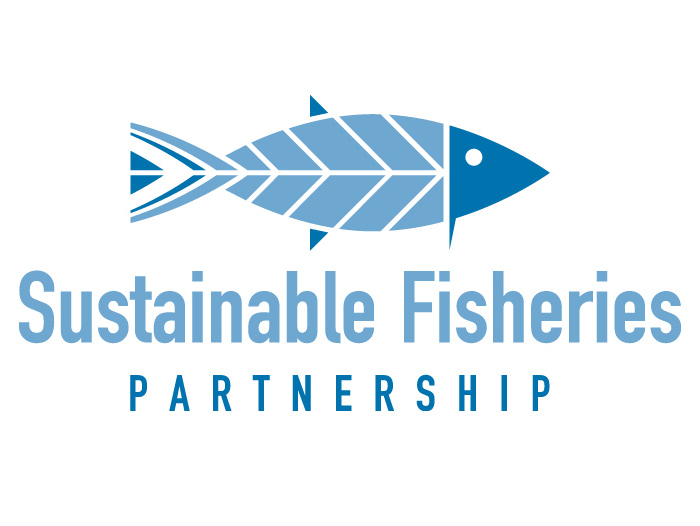Sustainable Fisheries Partnership Joins New Nature Crimes Alliance
August 28, 2023 | 2 min to read
At the Seventh Assembly of the Global Environment Facility, the Sustainable Fisheries Partnership (SFP) announced its role as a founding member of the new Nature Crime Alliance, aimed at combating a range of nature crimes, particularly illegal fishing. Braddock Spear, SFP’s global policy director, emphasized the need for collaboration and effective enforcement to tackle illegal fishing issues. The initiative plans to enhance fisheries management through better data sharing and partnerships, addressing the significant impact of IUU fishing.

Vancouver, British Columbia – Sustainable Fisheries Partnership (SFP) joined World Resources Institute (WRI), the Norwegian Ministry of Climate and Environment, U.S. State Department, and others in announcing the new Nature Crime Alliance and the Vancouver Statement on Nature Crime at an event at the Seventh Assembly of the Global Environment Facility (GEF). The Alliance brings together critical stakeholders to combat a broad range of nature crimes. SFP is a founding member of the Alliance and will participate in its work to combat illegal fishing.
“Effectively fighting illegal fishing requires coordination and collaboration of key stakeholders,” said Braddock Spear, global policy director at SFP. “To stop illegal fishing, we need solid and just laws with broad support, and good and fair enforcement. The Alliance will bring together necessary stakeholders and resources at a global scale never done before, and create a platform to implement our shared vision of stopping illegal fishing.”
SFP is the first organization to join the Alliance to focus specifically on improving fisheries management and enforcement at national and international levels to stop illegal fishing. The initial aim is to bring together government officials, seafood buyers, and companies to develop and enhance electronic monitoring systems and verification through better data sharing, transparency, and best practices.
“We joined the Alliance at its inception to scale-up and speed up initiatives to fight illegal fishing and improve fisheries management systems globally,” said Spear. “SFP is poised to bring the seafood industry along on its journey to coordinated action against illegal fishing to a global level.”
SFP, in conjunction with WRI, will engage and mobilize their extensive networks to recruit additional partners, forge new collaborations, and raise funding for new and expanded projects. The Alliance will also heighten knowledge and awareness of the problems and costs of illegal fishing.
According to the UN Food and Agriculture Organization (FAO), fishing nations, especially developing countries, lose billions of dollars due to illegal, unreported and unregulated (IUU) fishing each year. IUU fishing is a major driver of the destruction of marine ecosystems and accounts for one-fifth of the global fish catch, making it the most lucrative natural resource crime after illegal timber and mining.
